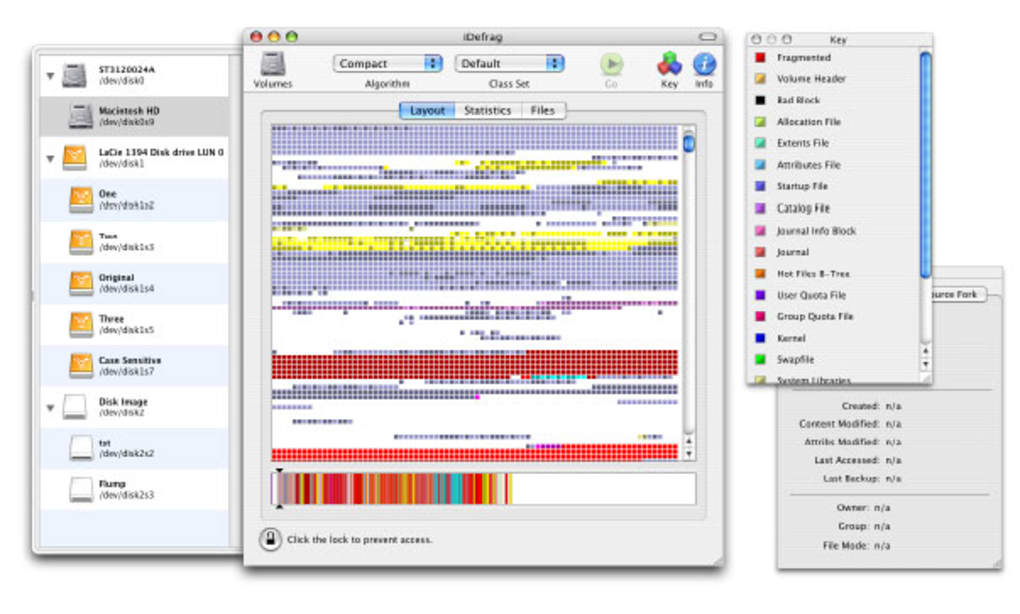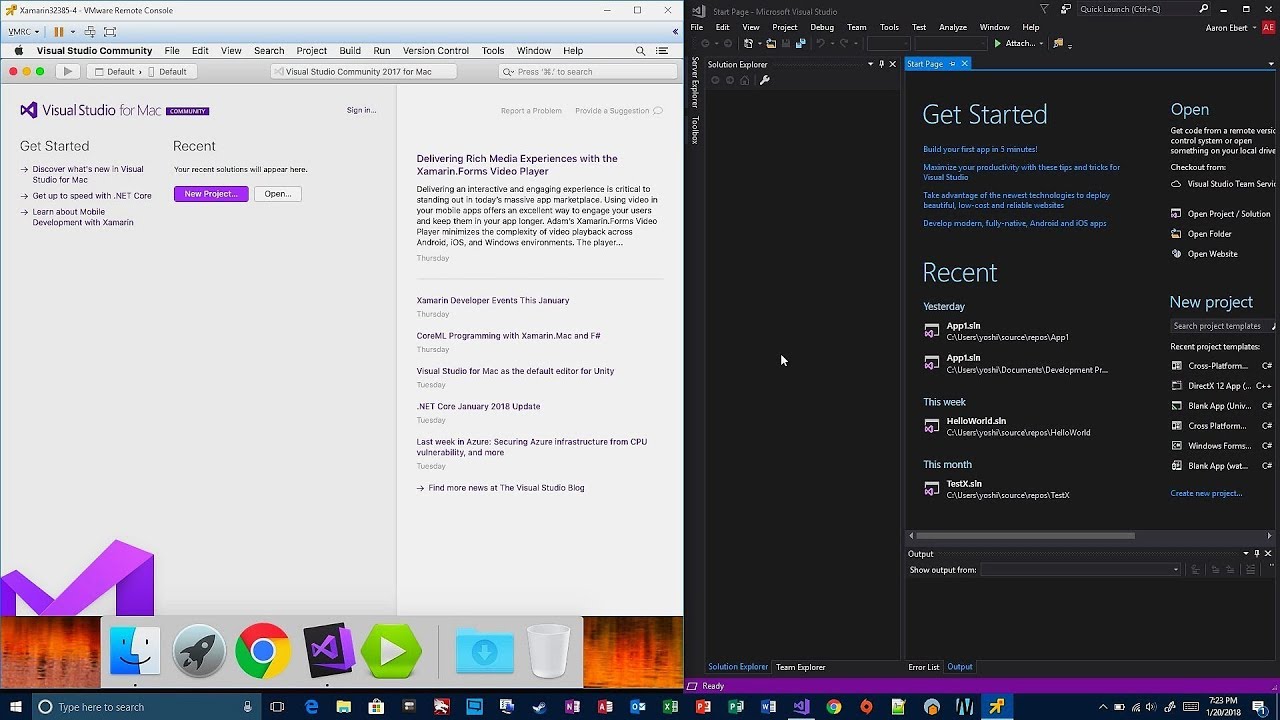

- #Idefrag for mac for mac os x#
- #Idefrag for mac mac os x#
- #Idefrag for mac mac osx#
- #Idefrag for mac free#
They do also qualify the reason by stating “ minor fragmentation“, to which I would add that that minor fragmentation on Windows may not have “ perceived” impact either. “perceived system performance), but I find this unlikely (anyone reading this is welcome to comment). If that’s the case I could agree with the last point (i.e. Could the Mac be predicting file access and pre-loading files into memory well in advance of use, sure. Fragmentation of data essentially breaks read-ahead efforts. File-based read-ahead would still have to issue additional I/Os due to fragmentation. Block-based read-ahead caching is predicated on files being sequentially located/interleaved on the same disk “tracks”. On that note, while the first three are logical, the last “reason” is most likely wrong. The reasons sound logical, which dupes readers/listeners into believing the statements are true.
#Idefrag for mac free#
In all those cases, testing proves fragmentation (files, free space or both) slows computers down. Given our primary business is large enterprise corporations, we hear a lot of theory about the need (or lack thereof) of defragmenting complex and expensive storage systems. Theory, and therefore “reasons” need to be substantiated by actual scientific processes that apply the theory and then either validate or invalidate it. Common examples we hear of theory-as-fact are statements like “SSDs don’t have moving parts and don’t need to be defragmented”. The problem I do have with this is the last sentence before the notation, “ For these reasons, there is little benefit to defragmenting.”, or more clearly passing off theory as fact. Expressing theory and then an opinion on that theory is fine, so long as you properly indicate it is an opinion. While I have no problem with the lead-in which states probably, the reasons are theoretical. In this case, you might benefit from defragmentation, which can be performed with some third-party disk utilities.
#Idefrag for mac mac os x#
If your disks are almost full, and you often modify or create large files (such as editing video, but see the Tip below if you use iMovie and Mac OS X 10.3), there’s a chance the disks could be fragmented. There is also a chance that one of the files placed in the “hot band” for rapid reads during system startup might be moved during defragmentation, which would decrease performance. Optimizing them can be a major effort for very little practical gain. Note: Mac OS X systems use hundreds of thousands of small files, many of which are rarely accessed.
#Idefrag for mac for mac os x#

Given Mac is open-source, we looked at the code.ĭuring a file open the files get defragmented if the following conditions are met:ģ. System has been up for more than 3 minutes

#Idefrag for mac mac osx#
Mac OSX has a defragmenter in the file system itself. The purpose of this blog post is to provide some data about fragmentation on the Mac, that I’ve not seen researched/published elsewhere.


 0 kommentar(er)
0 kommentar(er)
